Autophagy meetings

CFATG12 - Saint Jean Cap Ferrat
The 12th Scientific Days of the Club Francophone de l'Autophagie (CFATG) will be held in March 2025 in St Jean Cap Ferrat.
22/05/2024 au 22/05/2024 -
2024 Beth Levine PhD Award to Baptiste Pradel
We are thrilled to announce that Dr. Baptiste Pradel has been selected as the recipient of the 2024 Beth Levine PhD Award.
06/06/2024 au 07/06/2024 - Berlin, Germany
International FOR2625 Symposium on LYSOSOMES & AUTOPHAGY
16/06/2024 au 21/06/2024 - Andover, NH, United States
Gordon Research Conference: Mechanisms, Molecules and Therapeutic Opportunities Across the Endolysosomal Pathway
Toolbox
You will find here various informations, such as articles or videos, on autophagy, its physiopathological functions as well as methodological approaches.
Return from a CFATG-sponsored conference: Aurore Claude-Taupin
Thanks to support from CFATG, a post-doctoral member of the association was able to take part in the "Keystone: Autophagy and Disease" conference, held from December 3 to 6 in Keystone (Colorado, USA). Find out more about her experience below!
Endosomal dynamics upon autophagy induction.
This video by J. Da Graca presents the dynamics of early endosomes in response to nutritional stress.
How long does it take to activate autophagy ?
In this short video, Dr. Ana Maria Cuervo, co-director of the A. Einstein Institute (Bronx, NY) for Research on Aging, explains that the time required to activate autophagy is different depending on the type of autophagy.
Publications
LC3B conjugation machinery promotes autophagy-independent HIV-1 entry in CD4+ T lymphocytes
HIV-1 entry in CD4+ T lymphocytes is the first step of a successful replication cycle. The results presented in this paper show that LC3B is enriched towards the target cell plasma membrane upon HIV-1 exposure, particularly near the virus entry sites. Moreover, the conjugation of this protein to lipids, process recently named ATG8ylation, favors HIV-1 entry step independently of the canonical autophagy process.
The AMPK-Sirtuin 1-YAP axis is regulated by fluid flow intensity and controls autophagy flux in kidney epithelial cells
Urinary flow is detected by kidney cells, but its intensity is deregulated in chronic kidney disease. This study demonstrates the importance of YAP inhibition by physiological flow in activating autophagic flow. However, pathological flow leads to activation of YAP, which inhibits autophagy. Deregulation of the YAP/autophagy signaling pathway could be a key factor in the progression of chronic kidney disease.
Autophagy controls resource allocation and protein storage accumulation in Arabidopsis seed
These results indicate that autophagy would not simply be a degradation process but would play un role in precursor maturation of the storage protein.
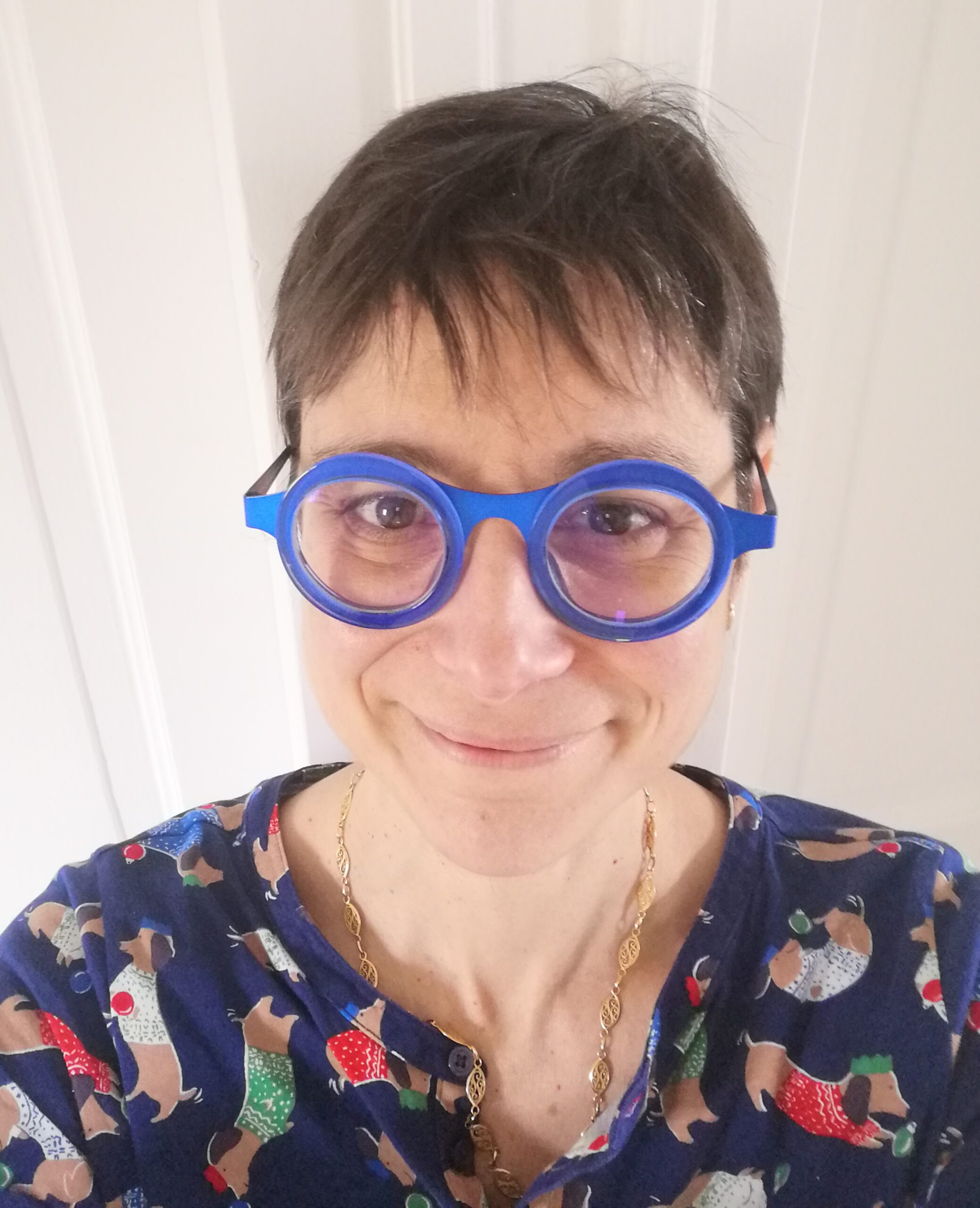
Audrey Esclatine - President - audrey.esclatine@universite-paris-saclay.fr
University Professor, Université Paris Saclay, Institut de Biologie Intégrative de la Cellule, I2BC, Co-direction de l'équipe "Autophagie et immunité antivirale", Gif-sur-Yvette.
Autophagy and Herpes virus.
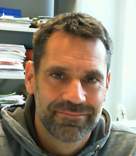
Iban Seiliez - Treasurer - iban.seiliez@inrae.fr
Research Director - UMR1419 INRAE/UPPA NuMeA, St Pée-sur-Nivelle
Autophagy and cellular metabolism in fish
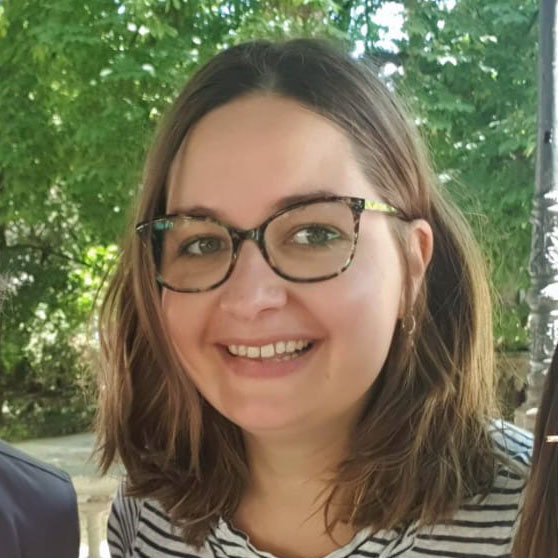
Coralie Daussy - Secretary - coralie.daussy@irim.cnrs.fr
CNRS Researcher, Institut de Recherche en Infectiologie de Montpellier (IRIM, UMR9004), 1919 route de Mende, 34293 Montpellier Cedex 5
Role of the autophagic machinery during the early steps of viral infection
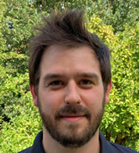
Guillaume Beauclair - Member - guillaume.beauclair@universite-paris-saclay.fr
Senior Lecturer - I2BC Institut de Biologie Intégrative de la Cellule - UMR9198 - Autophagy et Antiviral Immunity Team- Gif-sur-Yvette (France)
Autophagy and Herpesvirus

Aurore Claude-Taupin - Member - aurore.claude-taupin@inserm.fr
CRCN INSERM Institut Necker Enfants Malades, INSERM U1151, CNRS U8253, Université Paris Cité. Equipe Etienne Morel : «Autophagy, endomembranes & cellular dynamics in stress response”
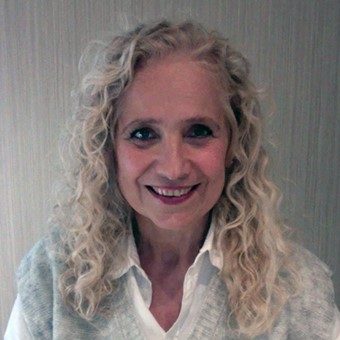
Carole Kretz-Remy - Member - carole.kretz@univ-lyon1.fr
Professeur des Universités, Institut NeuroMyoGène (INMG), Laboratoire de Physiopathologie du Neurone et du Muscle (PGNM), Université Claude Bernard Lyon 1, UMR5261 CNRS- U1315 INSERM, Faculté de Médecine et de Pharmacie, 8 Avenue Rockefeller, 69008 LYON
Autophagy and maintenance of muscle functionality and integrity
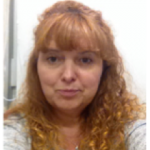
Valérie Pierrefite-Carle - Member - Valerie.pierrefite@univ-cotedazur.fr
CRHC INSERM, TIRO-MATOs UMR E4320 CEA/Université Côte d’Azur Co-direction de l’équipe « Mécanismes biologiques des Altérations du Tissu Osseux » (MATOs), Nice
Autophagy and bone physiopathology
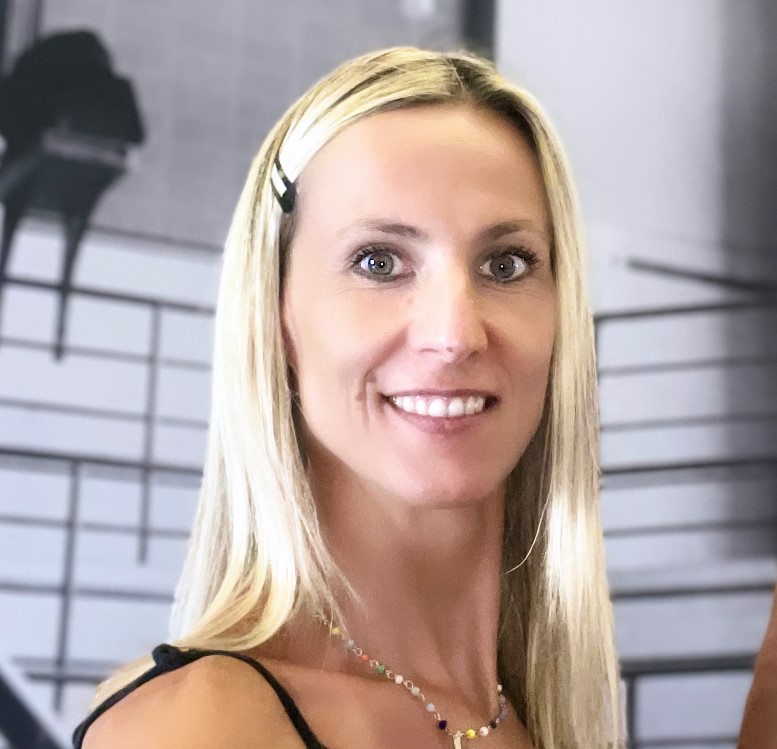
Flavie Strappazzon - Member - flavie.strappazzon@univ-lyon1.fr
CRCN CNRS, Université Lyon 1, Institut NeuroMyoGène (INMG), CNRS UMR5310, INSERM U1217, Faculté de Médecine et de Pharmacie, 8 Avenue Rockefeller, 69008 LYON
Selective autophagy in neurodegenerative diseases and myopathies
The board of the CFATG
To carry out its various missions, the CFATG is composed of eight elected members and is organized around a president, a treasurer and a secretary and advisory members.
View all board members
